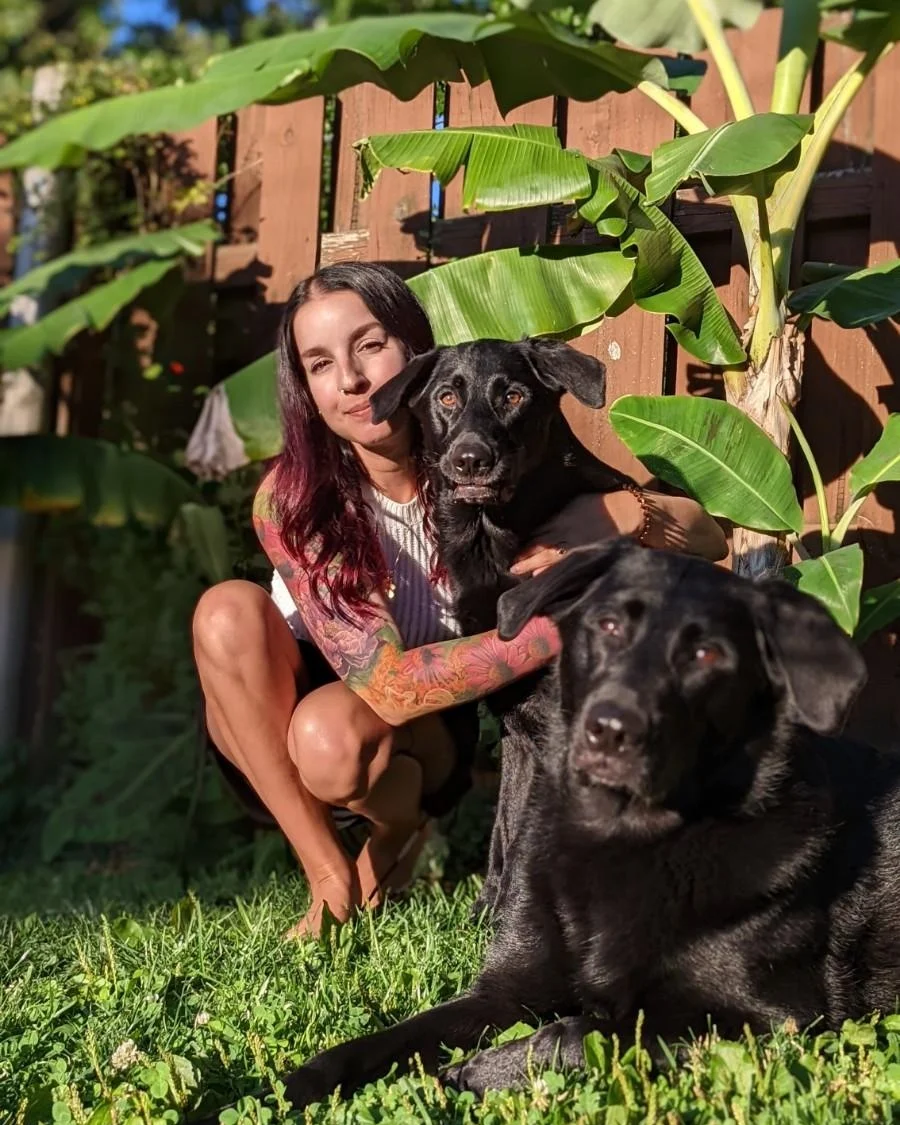
In the spring of 2023, the CDC announced that the autism prevalence rate jumped to one in 36. This increase can be partially attributed to the large number of adults seeking and receiving an autism diagnosis.
Supporting this fast-growing population can provide both significant challenges and great rewards. Some find working with an autistic therapist can make a difference.
Amelia Slama, a Northeast Ohio-based licensed professional clinical counselor, also happens to have autism.
“I do notice a lot of clients seem to seek me out for that reason, especially people who are diagnosed late or think they may be autistic,” Slama says.
Like many of her clients, she received her own diagnosis as an adult, at the age of 29, after she moved in with her husband.
“I had quirks and differences my whole life, but he began to see how these things really affected me,” Slama says. ”It was a very weird experience because I am a therapist and I have a lot of experience with assessments and understanding development in children and adults. I thought, ‘How did I not know this my entire life?’”
That unknown would play a role in shaping Slama’s own practice, though she says it took some adjusting.
“In our field, sharing lived experience is a very new thing,” she says. “This is not something I was taught is appropriate in school. But [my clients] feel more comfortable knowing the person understands their experiences, they can relate to them, and that seems to help clients to be more open about what they’re going through.”
What she didn’t anticipate was the way her own vulnerability would change everything.
“It’s been more rewarding,” she explains. “Once I started to bring my lived experience into it, the work changed significantly. I started to notice a lot of positive things that my clients were experiencing very quickly, whereas before change would take a very long time.”
Slama attributes these changes to neurodiversity affirming practices.
“It basically means that all people have differences in how their brain works and functions, and how they interact with the world. Instead of shaming or pathologizing those differences, we honor them and understand how that impacts the person, and what strengths and differences they experience from that.”
Slama says her field is now in a period of growth when it comes to recognizing and honoring neurodiversity — an umbrella term that refers to anyone who experiences differences covered in the the Diagnostic and Statistical Manual of Mental Disorders, including autism, ADHD, OCD, and mental illnesses.
She says the timing couldn’t be more important.
“We’re starting to see that, unfortunately, a lot of autistic people have trauma because of how society views us differently,” she says. “The biggest thing that I see is clients who don’t trust themselves, and have a hard time advocating for themselves or knowing how they can support themselves.”

